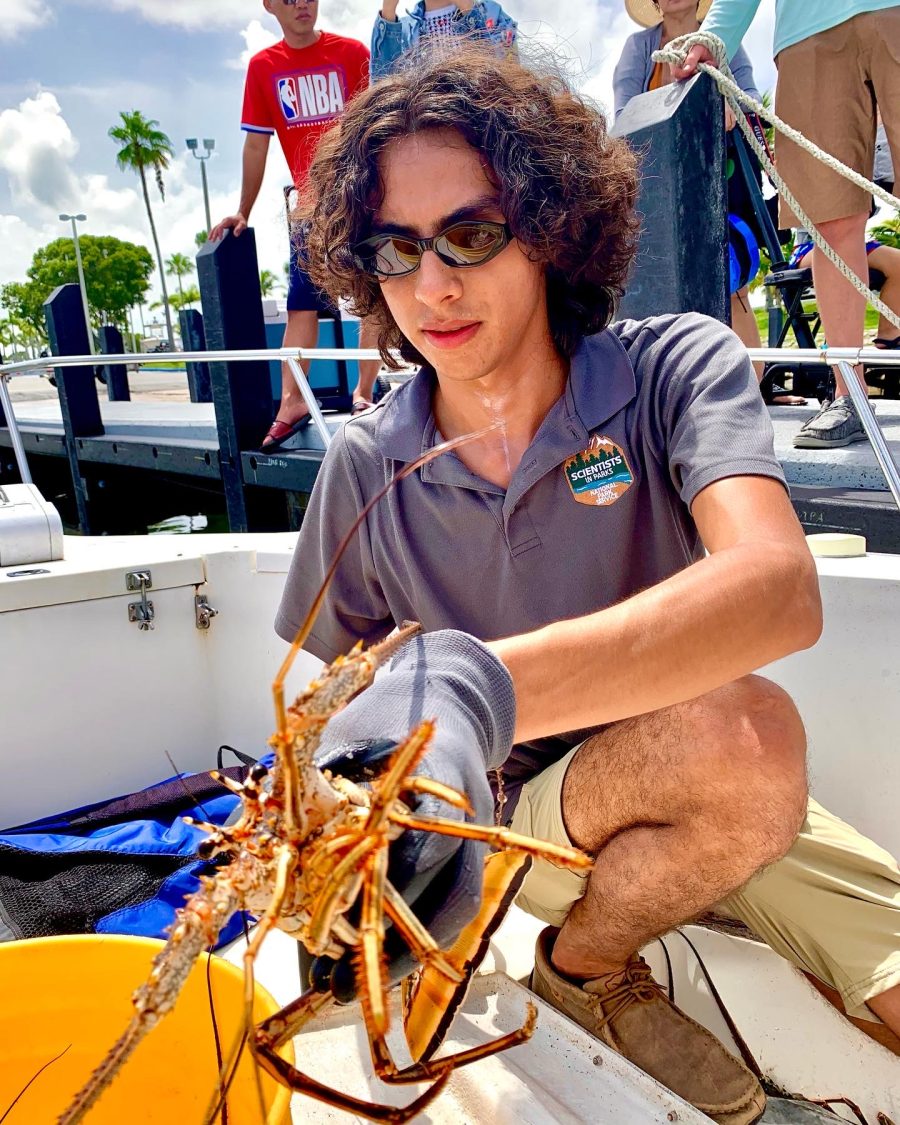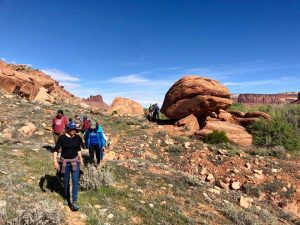Career Advancement
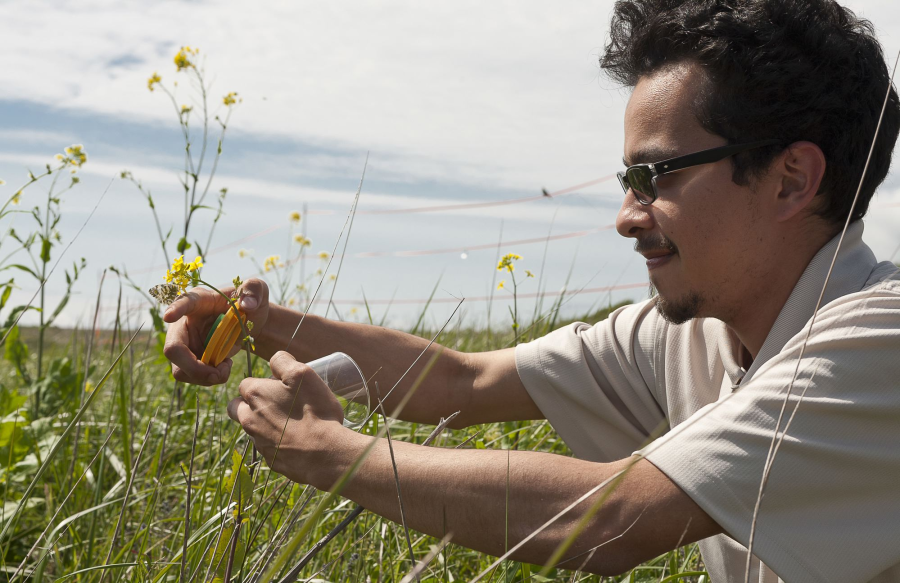 |
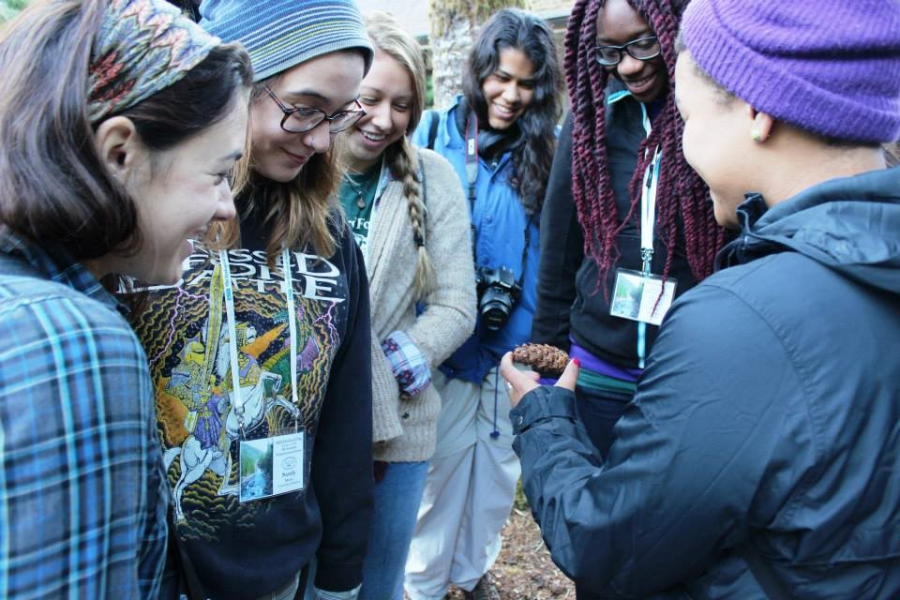 |
Welcome to the Career Advancement page, here you can find opportunities for the next step in your career. Learn more about student programs, graduate school, and certification and training resources.
Internships and Fellowships
For students and early career scientists
Science Communications in the Parks Fellowships
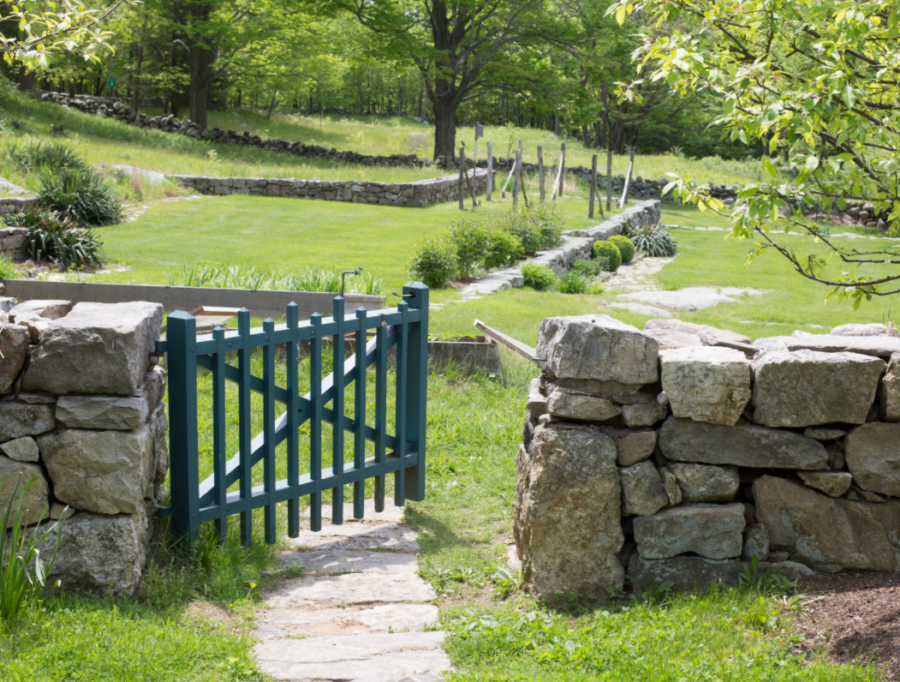
Shenandoah National Park
The Science Communication in the Parks (SCIP) initiative, launched in 2024, supports six (6) ESA SciComm Fellows each year in cooperation with the National Park Service to implement the strategic communications goals of the Northeastern National Parks. Selected SCIP Fellowships will receive a $3000 stipend, professional development in SciComm and work with a Project Mentor with SciComm expertise and NPS liaisons to develop SciComm products. Students and early career ESA members or those affiliated with Minority-Serving Institution in the Cooperative Ecosystem Studies Units (CESU) national network are eligible to apply.
Scientists in Parks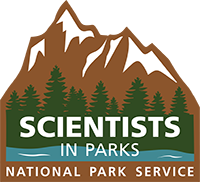
The National Park Service (NPS), Conservation Legacy, Ecological Society of America and Geological Society of America bring together decades of experience to support undergraduates, graduate students, and recent graduates through the Scientists in Parks (SIP) Program. Every year, the SIP work experience program places hundreds of aspiring professionals across the National Park System to work on natural resource management needs.
ESA-USGS Summer Cooperative Fellowship Program
The Ecological Society of America is pleased to partner with the US Geological Survey to offer summer fellowships to outstanding undergraduates trained in biological or ecological field methods for whom the experience would be transformative. The ESA-USGS Cooperative Summer Fellowship Program was established in 2018 to complement the USGS longstanding NAGT/USGS internship program. Students must be nominated by faculty who teach 4-6 credit hour field courses or by directors of field programs that average 40 hours of field training.
PlantingScience
PlantingScience is a learning and research resource, bringing together students from grades 6-12, plant scientists, and teachers from across the nation. Students engage in hands-on plant investigations, working with peers and scientist mentors to build collaborations and to improve their understanding of science. Student groups are mentored by scientists online as they complete an inquiry-based curriculum in their classroom. Managed by the Botanical Society of America. ESA is a Scientific Society partner that recruits the Master Plant Science Team of graduate students.
Graduate School
Listings
Masters and PhD programs can be found at the various sites below.
- Texas A&M University Job Board
- Northern Kentucky University Graduate Board (aimed at undergraduates, no Masters required)
- Ecolog-L. The Ecological Society of America’s popular listserv and forum for the ecology community which regularly posts job opportunities, graduate assistantships, Research Experiences for Undergraduates and other seasonal opportunities.
Graduate schools tips
Go to this webpage to explore tips on how to apply and get into grad school
https://ecologicalsocietyofamerica.org/career-development/apply-and-get-into-graduate-school/
Certifications
- Environmental certifications can be an important part of advancing your environmental career, read this week’s career corner to learn about 16 environmental certifications which can help you on your career journey – https://www.indeed.com/career-advice/career-development/environmental-certifications
- The ESA facilitates the Sustaining Biological Infrastructure (SBI) Training Initiative
- Apply for ESA certification
